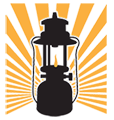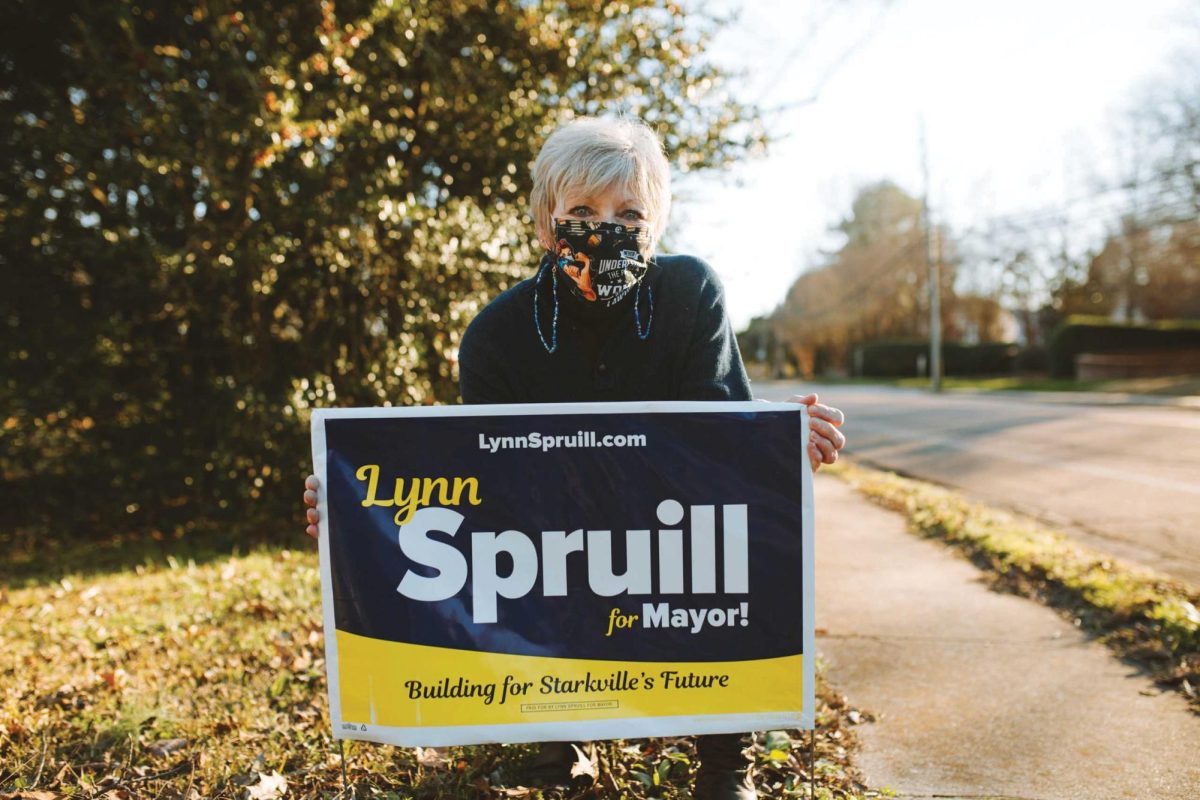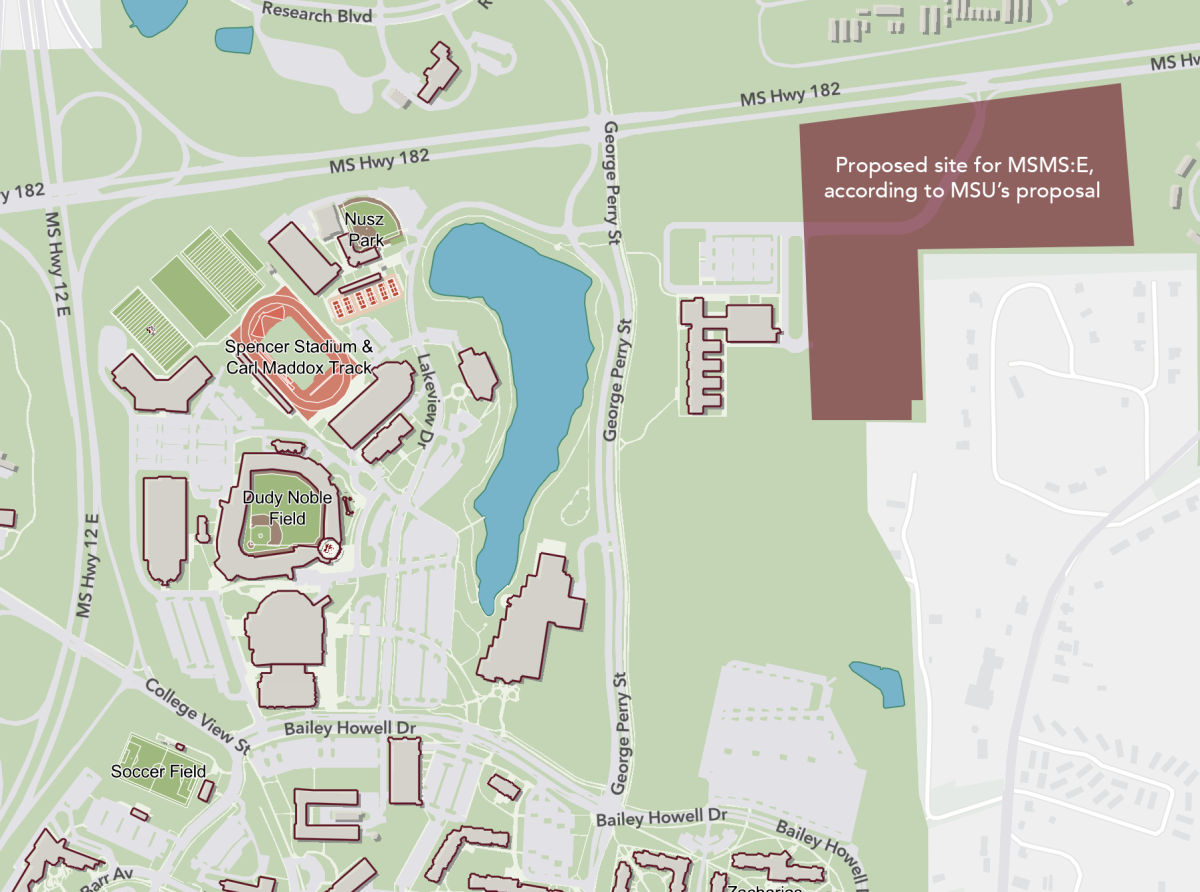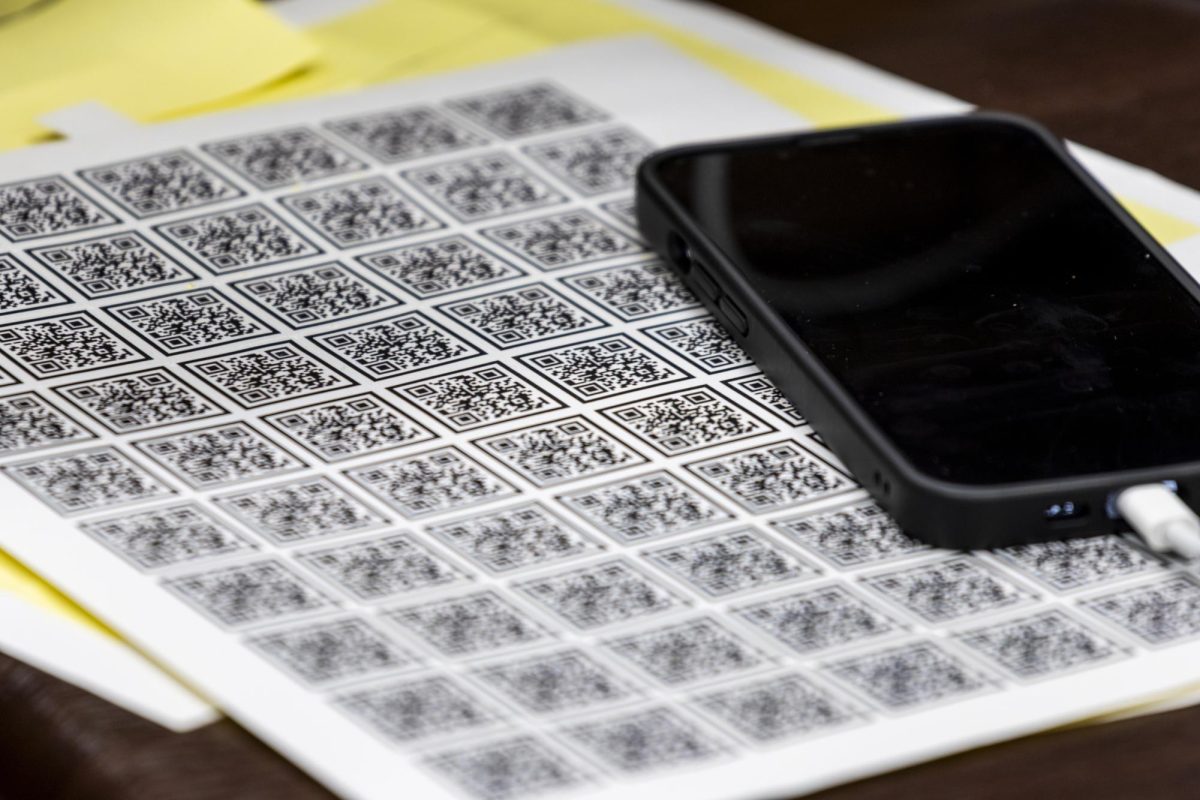The Lantern Project is a collaborative project Mississippi State University leads to provide access to records documenting enslaved persons.
MSU has collaborated with five other institutions across Alabama and Mississippi, including Delta State University and the University of Mississippi’s libraries.
The project has worked to transcribe, digitize and provide a central location for records of enslaved persons, so those who seek the records do not need to drive to their local courthouse or library to find them.
Jennifer McGillan, coordinator of manuscripts at MSU, said she initiated the project.
“[The Lantern Project] did begin as my research, but it’s a collaborative project,” McGillan said.
The National Historic Publications and Records Commission of the United States National and Archives and Records Administration, provided a grant for the project in December 2019.
The COVID-19 pandemic delayed the start of the project, but McGillan’s research persevered despite the setback.
McGillan said the project created opportunities for researchers, like giving access to historic documents for those studying the legal and social history of Mississippi and Alabama.
“The hope is that these records will allow people to get a better picture of the institution of slavery and how it worked in practice at the time,” McGillan said.
She said families from Mississippi and Alabama and descendants of enslaved persons can reconnect with their ancestors and discover new pieces of their lineage.
Moving forward, McGillan said she hoped students would want to volunteer to help transcribe and digitize records.
Mona Vance-Ali, an archivist at the Columbus-Lowndes Public Library, has digitized over 11,500 records for The Lantern Project, with most coming from Lowndes County court records.
“Dissertations are just waiting to be written, and movies are just waiting to be made about the stories in these case,” Vance-Ali said.
Vance-Ali said most of the documents come from circuit and chancery courts.
“In one of the cases I worked on, there was actually a free African American woman who was kidnapped and forced into slavery,” Vance-Ali said. “The case was really interesting because a white man had to testify and say she had made her own money and gotten paid for her work before, which was a big deal.”
Vance-Ali said people from other countries, including China and parts of eastern Europe, have already accessed the records from the project.
According to Vance-Ali, the records are valuable because the stories are not recorded anywhere else, and people can be recognized in a new way.
She said the stories found within the court cases are personal.
“These stories show what the day-to-day institution of slavery looked like in a human, personal level. They’re told from a bottom-up level, as opposed to a top-down level that’s taught in school and history books,” Vance-Ali said.
Professional genealogist and founder of Our Black Ancestry Sharon Leslie Morgan said she was a cheerleader of The Lantern Project and of those who work to make these records easily accessible to the public.
“The Lantern Project is blazing a trail for digitizing legal records for enslaved persons. Up until now, this kind of access to these kinds of records was unheard of,” Morgan said.
Through her efforts, Morgan has helped build a community of over 36,000 people who all search for their lineage and family history.
Morgan expressed excitement over The Lantern Project and how it has the potential to augment the searches of all those looking for their ancestry.
She said DNA has been accessible for years, but court records involving enslaved persons have been difficult to unearth until The Lantern Project came along.
According to Morgan, there is still more work to do in making records of enslaved persons more complete and easily accessible.
In order to do research on the Black families who were enslaved, she said research on the white families that owned them was also essential for creating a full genealogical history.
For more information or to access the records, visit thelanternproject.msstate.edu.
Lantern Project shares historic records of enslaved people

Courtesy Photo | The Lantern Project
Lantern Project shares historic records of enslaved people
0
Donate to The Reflector
Your donation will support the student journalists of Mississippi State University. Your contribution will allow us to purchase equipment and cover our annual website hosting costs.
More to Discover


















